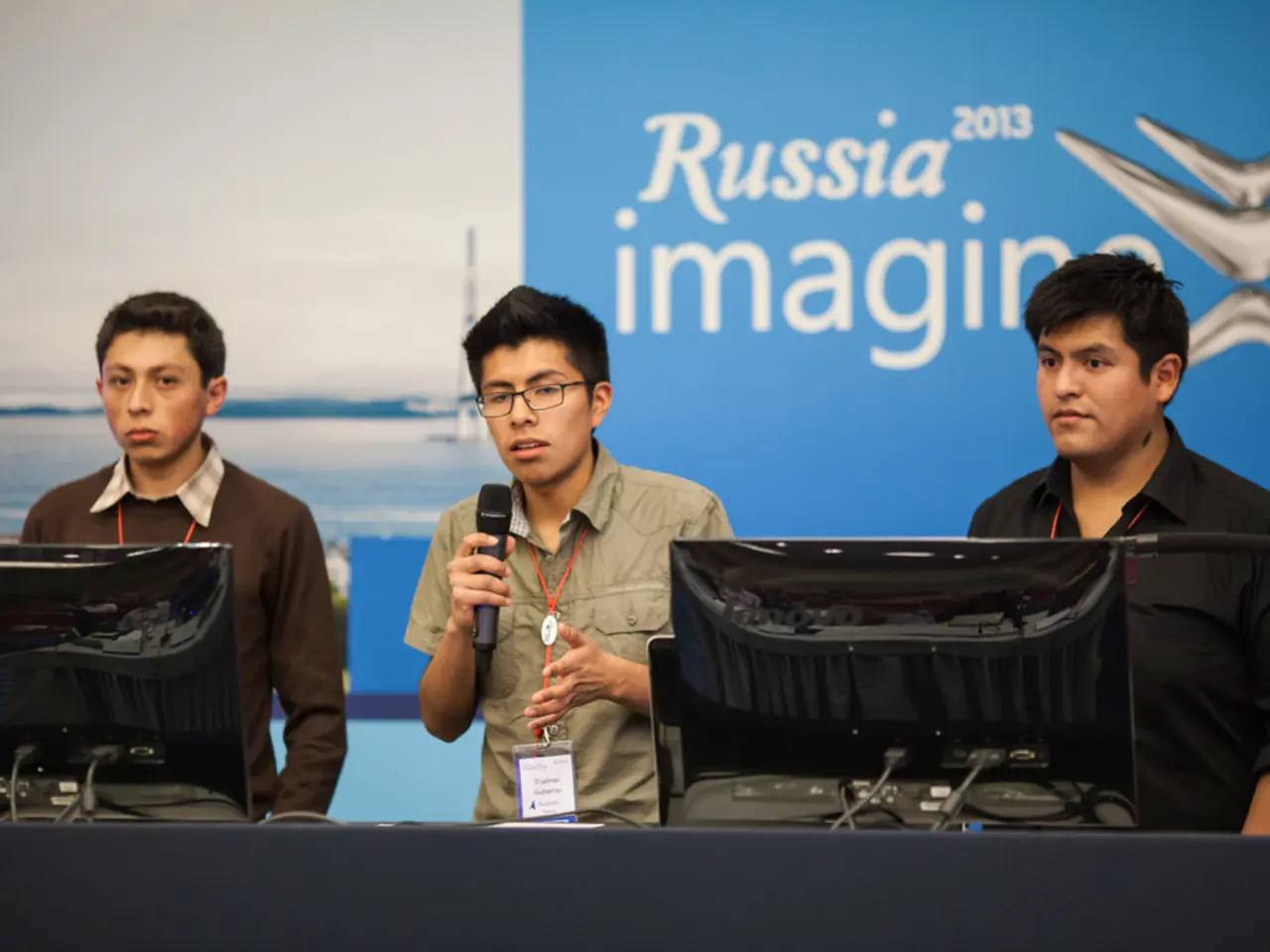Monthly pension for inactive retirees in Russia averages at 24,000 rubles.
In a recent report by RIA Novosti, it was revealed that the average pension for working pensioners in Russia has seen a modest increase from January 1 to April 1, 2023. The average pension now stands at 24,019 rubles per month, a rise of 261 rubles.
Meanwhile, the Social Fund has reported that as of April 1, there are over 40.9 million pensioners in Russia. However, when it comes to the financial wellbeing of the younger generation, recent studies and reports do not provide detailed Russia-specific findings on the weakest points in mental health relating to money among Russian youth.
Nevertheless, some contextual insights and strong indicators can be gleaned from available data and general knowledge about the region's recent challenges. For instance, a 2025 publication suggests that the pandemic, coupled with economic shocks and other events in Russia, have likely strained the development of health services, particularly mental health services for youth. This indicates a heightened vulnerability of young people to economic-related mental health issues due to limited support systems and resources.
The TELUS Mental Health Index, while focusing on New Zealand, highlights that significant savings gaps, lack of emergency funds, and economic uncertainty are major stressors impacting young workers’ mental health. Analogous conditions could likely apply to Russian youth given global economic interconnections and Russia’s recent economic challenges, suggesting financial instability is a critical weak point for mental wellbeing among youth.
International trends show that youth mental health has worsened in the post-pandemic era, with increased anxiety and depression linked to economic uncertainty, social disruptions, and limited access to care. Russian youth would be expected to face similar issues, aggravated by regional factors.
Weakness points likely include a lack of emergency or savings cushions, contributing to anxiety about financial futures. Limited access to tailored mental health support compounded by the economic strain on healthcare services is another concern. Increased stress from economic instability, unemployment, or underemployment, as well as insufficient parental and institutional support to buffer financial-related mental health stress, are also significant issues.
While directly Russia-focused data on monetary factors in youth mental health is sparse in current reports, these indicators from regional analyses and global studies imply that financial insecurity, lack of emergency financial resources, and limited mental health service availability are among the weakest points affecting Russian youth mental health in relation to money. Further targeted research and support programs are essential to address these challenges effectively.
On a separate note, the average pension for non-working pensioners in Russia was slightly over 24,000 rubles per month in 2023, according to unspecified sources. However, no information was provided about the total number of pensioners in Russia or the average pension for non-working pensioners in this paragraph.
In light of the financial instability faced by the younger generation, it's crucial to note that personal-finance concerns, such as significant savings gaps, lack of emergency funds, and economic uncertainty, can have a detrimental impact on their mental health, just as International trends suggest. politics plays a role in this, as the pandemic, economic shocks, and other regional challenges in Russia might strain the development of health services, including mental health services for youth.
When it comes to the broader finance landscape, the average pension for working pensioners in Russia has seen a modest increase, but the financial wellbeing of younger generations remains a topic of concern, with limited Russia-specific findings available.




